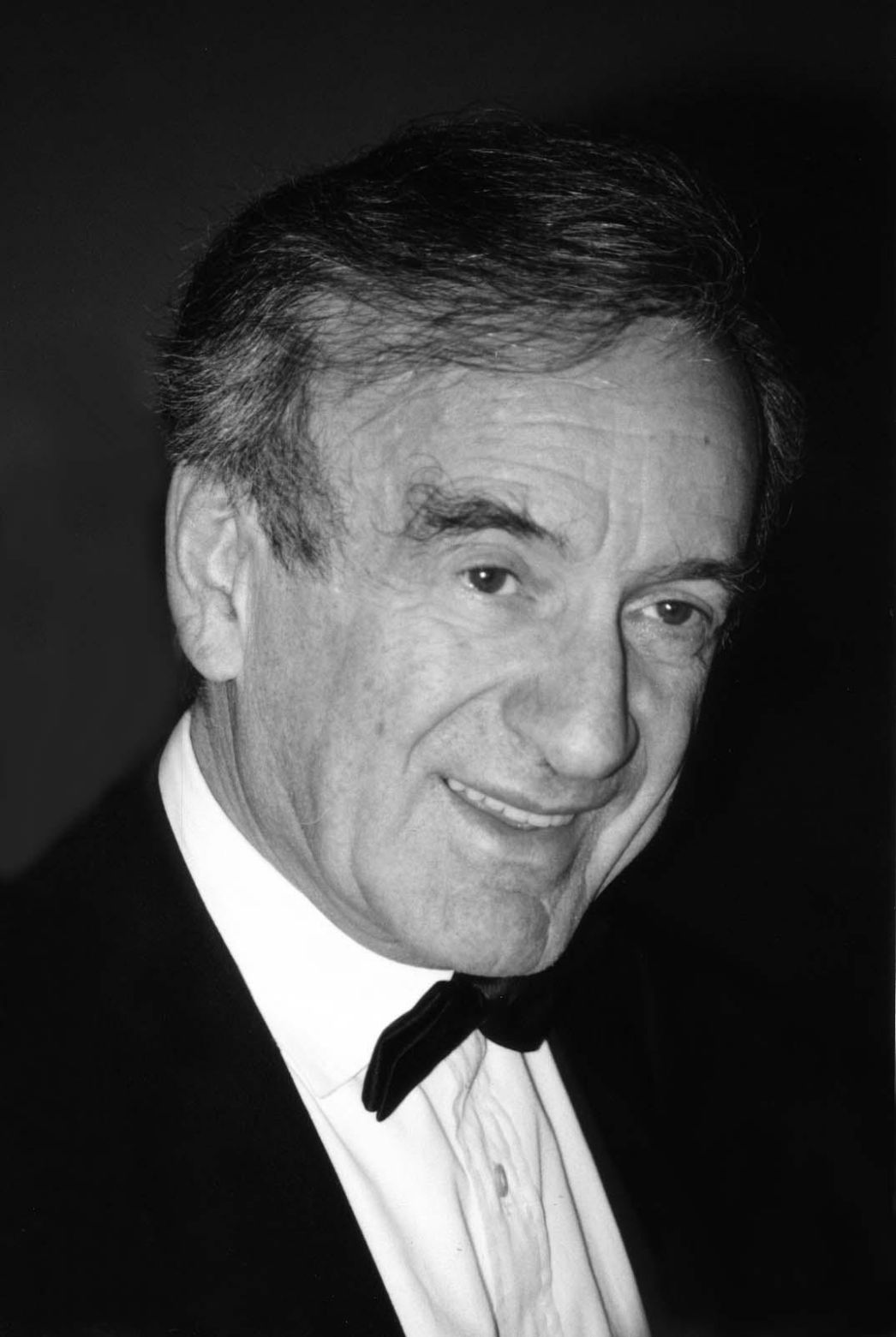
©John Mathew Smith
Elie Wiesel was born to a devoutly orthodox Jewish family in Sighet, Transylvania on 30 September 1928, the son of a merchant. He studied the Talmud and was particularly interested in Cabbalist mysticism.
Sighet was declared a ghetto in 1944 and the Wiesel family was assigned to forced labour and taken to Auschwitz-Birkenau and Buna (Auschwitz III). Elie’s mother and younger sister were murdered. At the end of January 1945 Elie Wiesel and his father joined an evacuation transport to the
The sixteen-year-old Elie Wiesel was brought to Paris by a child welfare organization, and later studied philosophy, French literature and psychology at the Sorbonne. As a journalist for Israeli newspapers he travelled the world and had contact with influential intellectuals and politicians. In the mid 1950s he managed for the first time to put his experiences of the camps into words: Un di Welt hot geschwign ("And the World Remained Silent"), a testimony to the events in Yiddish, was published in 1956. In 1958 it was published in abridged form as Night, which established his reputation as a writer. From 1956 on, Wiesel lived in the U.S. and wrote (in French) novels, dramas, theological and political essays in commemoration of the victims of the Shoah, and posed the question as to the responsibility of God and of mankind for evil.
In 1963 he became a U.S. citizen, and from 1976 on he taught literature at Boston University. In his capacity as chairman of the Washington Holocaust Commission, he served as an adviser to the American presidents Jimmy Carter and Ronald Reagan. Wiesel was particularly committed to protecting the rights of Jews in the Soviet Union. In 1966 he received the Nobel Peace Prize for his commitment to human dignity, peace and cultural diplomacy. Elie Wiesel visited the Buchenwald Memorial on 5 June 2009 at the invitation of U.S. President Barack Obama, and in the company of his former fellow inmates Bertrand Herz and Floréal Barrier. In 2014 he was awarded the Grand Cross with Star of the Federal Republic of Germany.
Elie Wiesel died on 2 July 2016.


